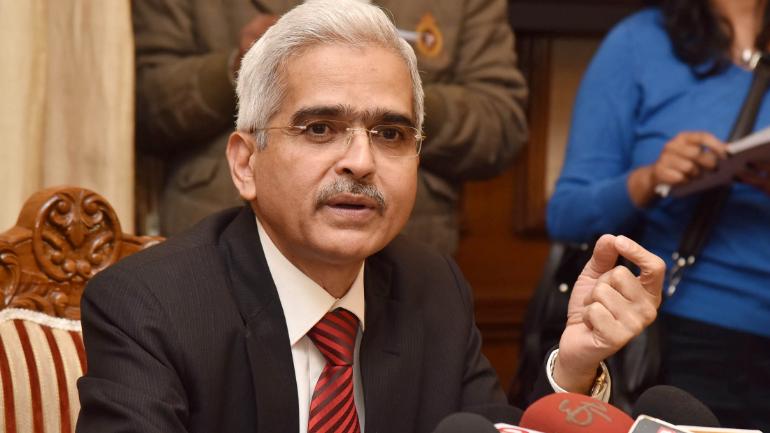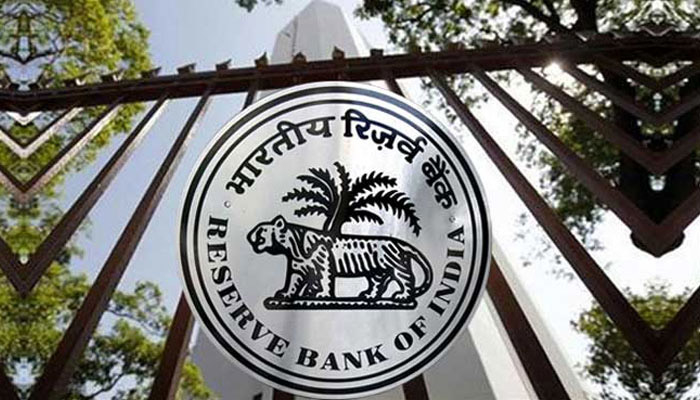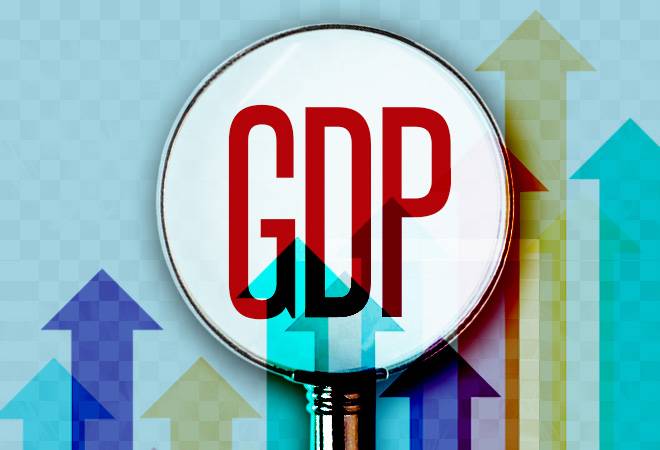RBI Governor: Decisive steps taken for macrofinancial stability, growth
India has taken decisive steps to lay down a sound foundation for macro-financial stability and robust economic growth, says Reserve Bank of India Governor Shaktikanta Das.

Washington: India has taken decisive steps to lay down a sound foundation for macro-financial stability and robust economic growth, says Reserve Bank of India Governor Shaktikanta Das.
Das said India's real gross domestic product (GDP) growth is expected to clock 7.2 per cent during 2019-20, the fastest among large economies of the world, growing by an average rate of around 7.5 per cent in recent years.
Also Read: RBI working on regulatory guidelines for Fin-Tech companies
And inflation has remained below target, averaging 3.6 per cent for the period under the inflation targeting framework so far (since October 2016 up to February 2019); the current account deficit is expected to be around 2.5 per cent of GDP in 2018-19; and the gross fiscal deficit has adhered to budgetary targets.

He said that for the greater part of 2018, Emerging Markets faced a wave of global spillover risks leading to capital outflows, currency and asset price volatility and tightened financial conditions. These developments posed risks to growth and inflation.
The second risk is that EMEs remain vulnerable to financial market volatility as the experience of 2018 has shown. The risk of sudden stops and reversals of capital flows has increased. Consequent external financing gaps and currency depreciations could undermine the outlook for growth and macroeconomic stability for these economies, just when global growth had begun to show signs of a synchronised revival a decade after the global financial crisis.
Furthermore, adverse financial conditions could aggravate existing stress in the balance sheets of lending institutions in some EMEs and stretch their capital requirements.

The third risk to EMEs is the high volatility in international oil prices. For net energy importers like India, the recent firming up of oil prices on production cuts by major suppliers presents risks to current account deficit and inflation. The financialisation of energy markets and changing underlying dynamics in the global oil market are
adding an upside risk to prices, though the demand is subdued.
Also Read: RBI governor meets Arun Jaitley ahead of monetary policy
As the global economy loses speed and with fiscal space getting squeezed, the focus in EMEs as well as advanced economies is likely to be on monetary policy as the first line of defence. Central banks may once again be expected to assume the mantle of guardians of the world economy. The global financial crisis has, however, exposed several limitations of conventional and unconventional monetary policy tools. In despair, some have turned to the heterodox evolution of ideas that has come to be known as modern monetary theory.
The RBI head called for "coordinated action" to revive growth and maintain macroeconomic, financial and price stability.(UNI)
 Dynamite News
Dynamite News